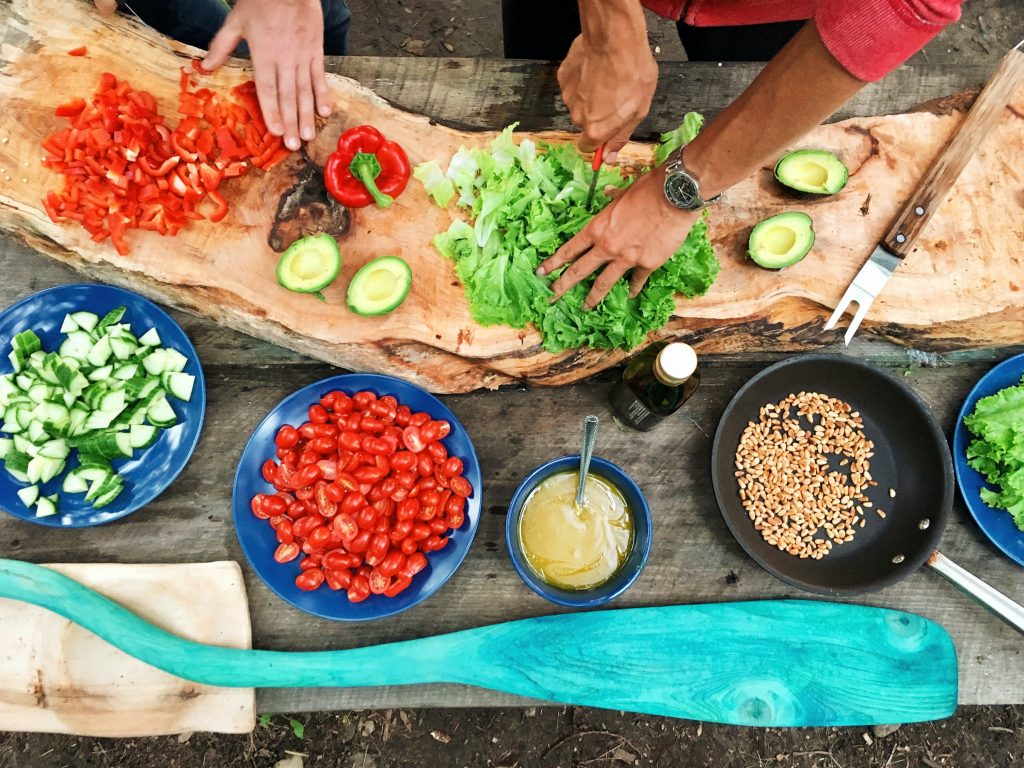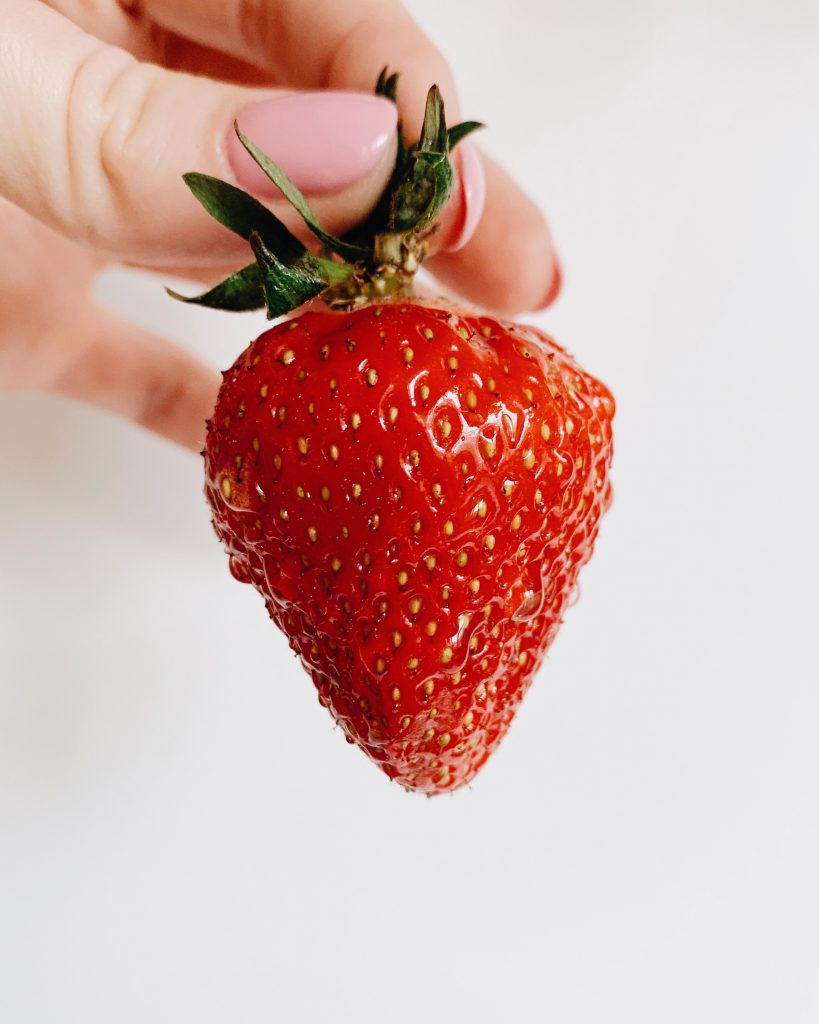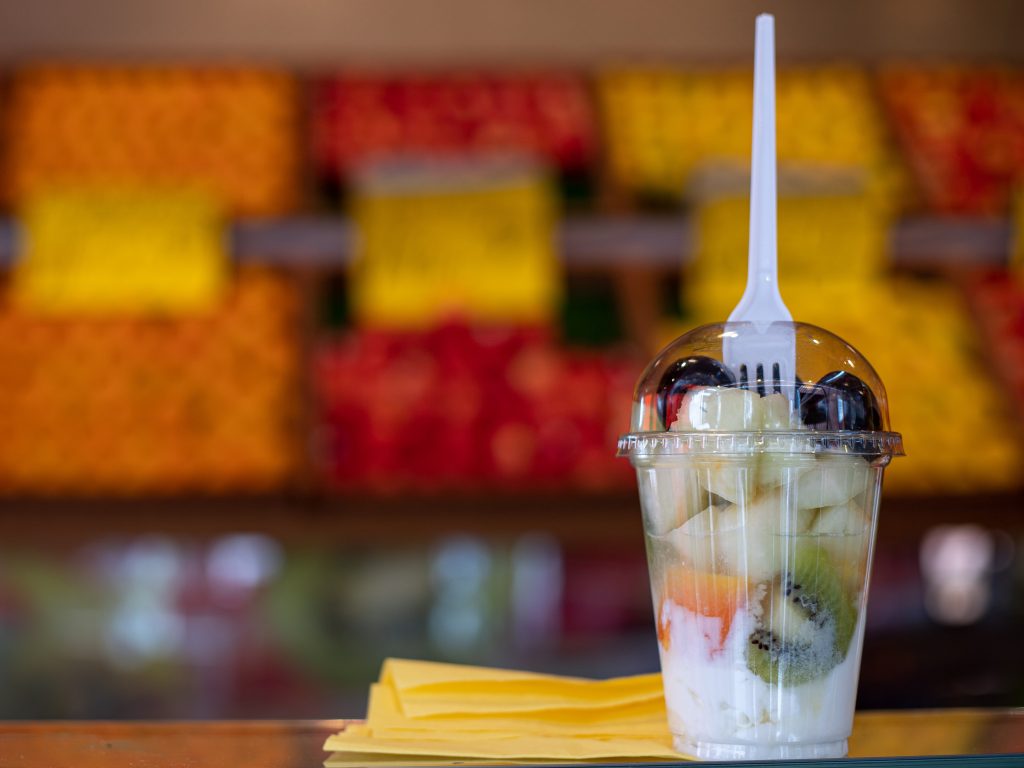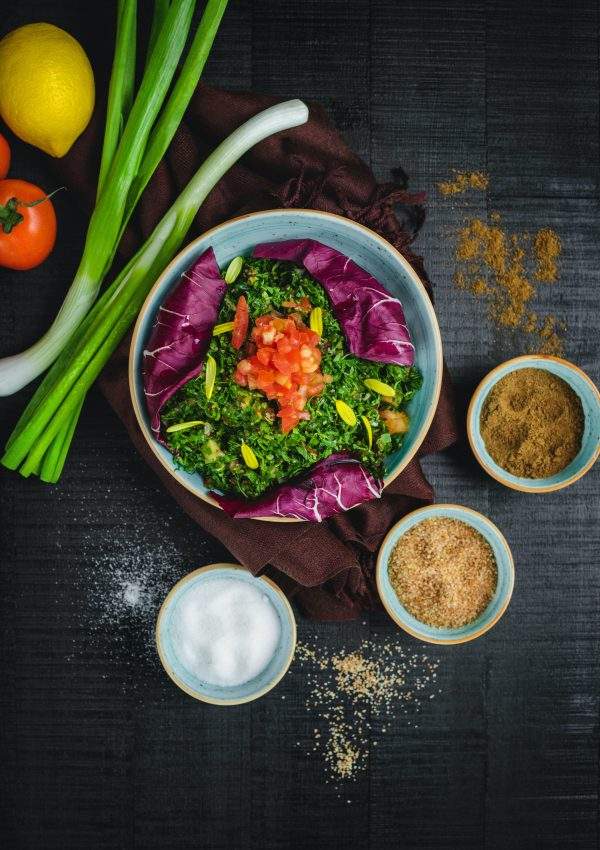
No one comes to a nutrition consultation telling me that they don’t eat in a mindful way. They don’t tell me that they are unfocused as they chew their food (if they even chew it). Instead, what I hear are complaints of indigestion, stress, cravings, or feeling uninspired to eat a healthy meal.
These kinds of complaints are related to a fancy, relatively recent term that we call “mindful eating.” Today I’ll explain to you my version of what it means to eat “mindfully” and how implementing a few tips can make a positive difference in eating habits, levels of stress and overall wellbeing.
How do I currently experience my connection to a meal, and how does this connection benefit my health and happiness? Here are some tips.
Where attention goes, energy flows.

Whether you live with your loved ones, friends or alone, it’s increasingly possible that you spend some time watching a screen while you eat. Could be the TV, your phone or computer. If you live alone, it’s even more likely. Why’s that? Because ultimately, we are social beings and it feels comforting to hear other people speaking and interacting. So turn off Netflix once in a while.
If your attention is being directed towards a screen, your mind is using resources to pay attention to what’s going on. Because the mind is busy focusing on something outside of the body, it forgets the messages being send from your digestive organs via hormones and other chemical signals. Chances are, you may not immediately realize that you are full until you feel too full.
Also, you probably won’t chew your food anywhere near as much as you should in order to break down those foods and help your digestive tract. This can lead to food passing through undigested, and cause excess fermentation (gas, bloating), stress on the body and poorer nutrient absorption.
If you enjoy listening to people speaking while you eat, consider listening to podcasts, moderately relaxing music (as in, not spa music necessarily, but not heavy metal or rave music, either) or even chatting with a friend over the phone. The enjoyment of good conversation over food is not to be underestimated, even if you’re not sitting in front of each other (hello, COVID restrictions).
Take a breather.

Let’s say you start to eat your lunch at work after a super stressful meeting and your day is jam-packed with tasks and deadlines. Your cortisol levels will be elevated, heart rate will be faster and all of the tiny capillary vessels lining the intestines to welcome in the nutrition from your food will shrink away from the gut as a response to stress.
This means that even if you eat a healthy meal, you might not absorb and assimilate all of the nutrients from that food. It’s possible that blood sugar levels could drop in response to stress, giving opportunity for increased cravings or appetite and a likelihood to overeat over the course of the day.
Take just 2-5 minutes to go for a walk while paying attention to how your body feels. Or listen to a soothing song and close your eyes. Take some deep breaths, do a body scan. Whatever you need, be sure to take a moment to consciously relax before eating a meal. You’ll enjoy it more, I promise.
Go ahead and play.

I always get a funny look of surprise from my clients while I suggest that they play with their food. Now I’m not saying that you need to do this at every meal, or at work. But make it a fun activity, say, once a week? Maybe on a weekend? Feel your food with your fingers instead of utensils. We are tactile beings. We experience the world through our senses, and that includes touch.
What better way to connect with your food than to experience it more intimately than at the end of a fork? You have the opportunity to be more present during your meal, and to enjoy the experience of it. And hey, there are plenty of finger-welcoming recipes out there: spring rolls, pizza, dips, sushi, etc. Just have fun with it.
Show a little appreciation, would you?

We tend to forget where our food comes from. We purchase food from stores that cater to convenience, abundance, affordability and having everything available at all times of the year (or almost). But do you take the time to recognize these elements, and recognize where your food came from? What it took to get to your plate?
The reason why I consider this to be a part of mindful eating is because food connects all of us together, and it nourishes us in more ways than one. I believe that if you can express appreciation, or feel gratitude for the ingredients that make up delicious meals, won’t you enjoy the meal just a little more? Won’t you be present to it and how it contributes to your wellbeing, just a little more? Give this a try sometime, get curious, say thanks!
What does mindful eating look like, in your opinion?
What do you think after trying any of these tips? Leave a comment and share with us what mindful eating means to you, and the things you do to be more present while you eat to contribute to your wellbeing. Cheers!





